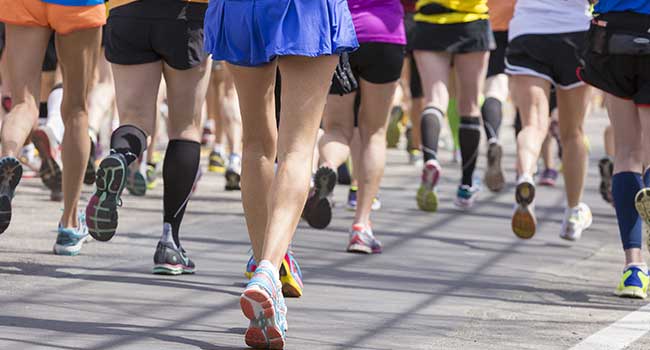
Public Safety, Security a Priority for Boston Marathon
Officials said there are no credible threats against this year’s Boston Marathon, but they are prepared for anything and everything.
- By Jessica Davis
- Apr 15, 2019
The 123rd Boston Marathon begins today, with 7,000 law enforcement officials working in tandem to keep runners and attendees safe. About 1 million people are expected to attend this year’s marathon.
Officials have said there are no credible threats against the marathon this year, but they are prepared for anything and everything. The bombings that took place at the marathon in 2013 are at the forefront of everyone’s minds, as this year’s marathon will take place on the sixth anniversary of the tragedy.
"A lot of people can remember where they were on certain dates. I certainly know where I was April 15, 2013 at 2:49 p.m. I was on Boylston Street and I’ll never forget that," Boston Police Department Deputy Superintendent William Ridge said. "I’ll never forget what happened. And the men and woman of the Boston Police Department, as I said before, they kind of take it personal, what happened that day."
Security checkpoints will be deloyed throughout the event area. Officials recommend attendees leave their bags, bikes, coolers, backpacks, cans, bottles and other large items at home.
The Associated Press reports that state police helicopters will be monitoring events, and surveillance cameras have been placed at strategic spots along the marathon course. The route will be patrolled by hundreds of uniformed police and National Guard members, along with an undisclosed among of plainclothes officers mingling with spectators.
The Massachusetts Emergency Management Agency Headquarters will act as the Unified Coordination Center during the race, MEMA said. The UCC will host 250 liasons representing 70 federal and state agencies, along with nonprofits and private companies that will help coordinate safety at the race.
"It's been six years since terrorists struck at the core of our city," FBI special agent in charge, Joseph Bonavolonta, said. "And the worst thing we can do is become complacent or too comfortable. If you see something, say something."
About the Author
Jessica Davis is the Associate Content Editor for 1105 Media.